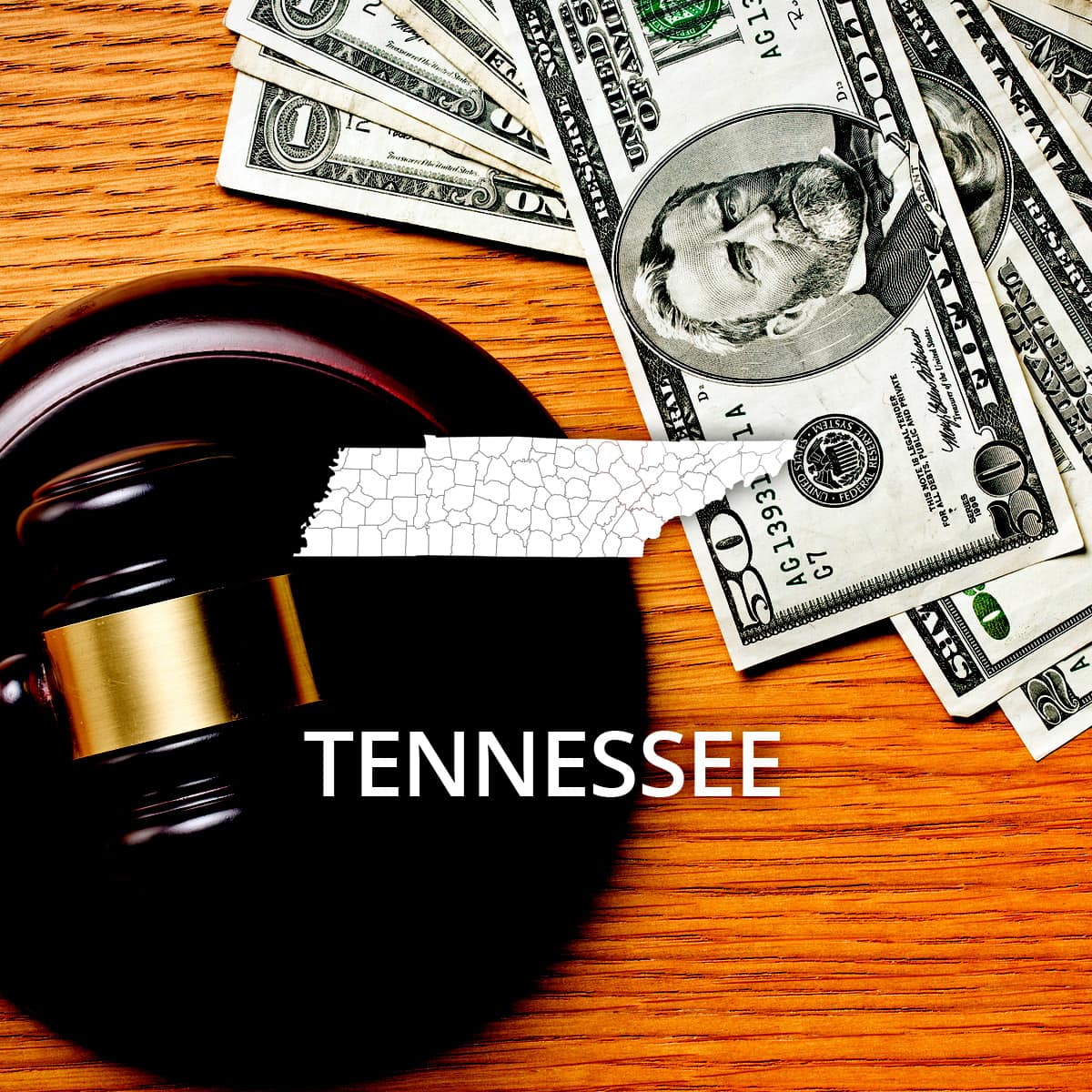 Multiple Bankruptcies: How Often You Can File One?
Multiple Bankruptcies: How Often You Can File One?
Table of Contents
 How to File Bankruptcy in Tennessee
How to File Bankruptcy in Tennessee
 Tennessee has three districts for its bankruptcy court: Eastern District, Middle District and Western District. These U.S. Bankruptcy Courts administer all cases originating from the state, although the bankruptcy itself is governed by federal laws. Bankruptcy can be a good option to negotiate lower debts and expenses, but also carries long-term consequences to an individual's credit score and report.
Tennessee has three districts for its bankruptcy court: Eastern District, Middle District and Western District. These U.S. Bankruptcy Courts administer all cases originating from the state, although the bankruptcy itself is governed by federal laws. Bankruptcy can be a good option to negotiate lower debts and expenses, but also carries long-term consequences to an individual's credit score and report.
 Filing for Chapter 7, Chapter 13, and Other Types of Bankruptcies in Tennessee
Filing for Chapter 7, Chapter 13, and Other Types of Bankruptcies in Tennessee
Individuals will file either Chapter 7 or 13 bankruptcies. Chapter 7 allows unsecured debts to be discharged, and all property liquidated to attempt to pay part or all of the debts owed to creditors. Chapter 13 provides for lowered payments or balances, as agreed upon by the creditors and the debtor in the case.
Chapter 11 is filed by a business wanting to reorganize debt, and Chapter 12 is filed by professional fishermen and farmers.
Once a bankruptcy is completed, it can remain on an individual's credit report and affect their score negatively for up to 10 years.
If a debtor decides to file bankruptcy without an attorney, this is called "pro se". It is highly suggested by the U.S. Bankruptcy Court to seek the advice of an attorney before filing, and many will give initial consults for free or a reduced rate. If you cannot find an attorney and would like one, contact the American Bar Association for a referral.
 Steps to File Bankruptcy
Steps to File Bankruptcy
Before filing for bankruptcy, a debtor is required by law to complete a credit counseling course from an approved vendor. The vendor will give them a dated certificate of completion to present to the court, and the class must be taken within 180 days prior to filing for bankruptcy.
When filing for Chapter 7 bankruptcy, a means test will need to be met. This test accounts for all sources of income and living expenses to determine actual available funds to meet current financial obligations. Results are required to be included with other forms and schedules given to the court.
Debtors should be prepared to provide tax returns, current employment information, account balances, income and all debt information to the court. If these forms are not turned in at the designated time, the court may dismiss the case altogether. Court fees must also be paid upon filing, which can range from $300 to $1500 or more. Chapter 7 petitioners may ask the court for a reduced payment plan or waiver of these fees.
A meeting of creditors is scheduled by the court, where creditors meet with the debtor and trustee to determine the best arrangement for both parties. Creditors may interview the debtor about employment and income sources during this meeting. The agreed-upon schedule of repayment or discharges is then presented to the court for approval.
Once the court approves the schedule from the meeting of creditors, the debtor must complete a financial management course by an approved vendor. After completion of this course, the court will discharge the bankruptcy.
Additional information and bankruptcy forms can be found at https://www.uscourts.gov/forms/bankruptcy-forms or RecordsFinder.com Court Forms Section.
 Location Specific Information
Location Specific Information
The Middle District of Tennessee U.S. Bankruptcy Court has locations in Nashville, Columbia and Cookeville. The Eastern District has locations in Chattanooga, Greeneville, Knoxville and Winchester. The Western District has locations in Memphis and Jackson.




